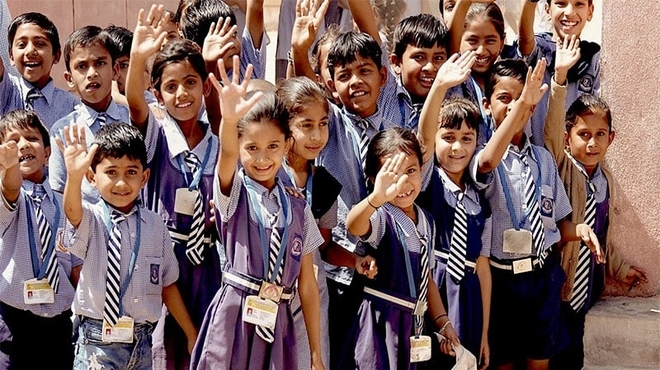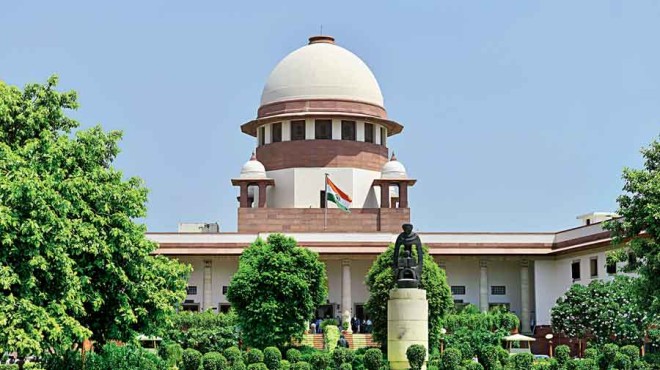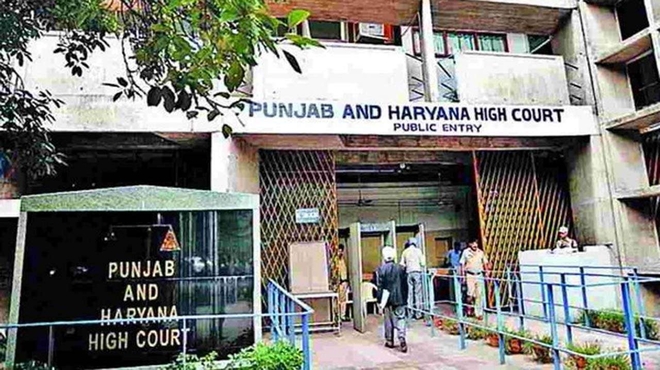The National Education Policy (NEP) 2020 which aims at an India centered education system has been approved by the Union Cabinet on 29th July, 2020. Following this, the HRD Ministry has also been renamed as the Education Ministry.
The New Education Policy envisions a revamp of several aspects of the education structure in India. It aims to regulate and create a novel system which shall be aligned with the aspirational goals of the 21st century, while keeping India's traditions and value systems consistent. It also aims to build a centered education system which shall provide high quality education resulting in contribution to sustainably transforming the nation into a vibrant and equitable knowledge society.
Given below are the highlights of the NEP (National Education Policy) 2020:
1. Access to Education - The New Education Policy aims to reintegrate dropouts and to ensure universal access to education. By 2030, it aims to achieve access and participation in free & compulsory education for children between the age group of 3 to 18 years.
2. Increased Choice of subjects- The NEP aims to give increased flexibility and choice of subjects to study across sciences, humanities, arts, sport and even vocational subjects.
3. Universalizing of Pre-Primary Education- The NEP aims to provide foundational literacy and numeracy for everyone by 2025 and also aims to universalize pre-primary education i.e. from ages 3-6 years.
4. New Pedagogical Structure- The new National Education Policy aims to transform curricular and pedagogical structure from 10+2, to a new curricular and pedagogical structure with a design of 5+3+3+4 which shall cover children in ages 3-18. The breakdown has been given below:
A. Foundational Stage(5)- For years 3-8, the focus will be on development of language skills and teaching by play and activity based curriculum.
B. Preparatory Stage (3)- For years 8-11 or classes 3-5, focus would shift to play, discovery and activity based interactional classroom learning. Development of language and numeracy skills and cognitive development will be the focus.
C. Middle Stage(3) - For classes 6-8, the new structure aims at a more experiential learning in science, math, arts, social sciences and humanities. The focus would be on critical learning objectives and not rote learning.
D. Secondary Stage(4) - For classes 9-12, the changes suggested include a multidisciplinary study through which students will have the option to pick any set of subjects from the available structure. The focus would be on critical thinking and flexibility, and the students will be able to pick subjects as per their interest (including tech and arts).
5. Continuing 3 language formula in schools- The 3 language formula that has been followed since the National Policy on Education 1986 and endorsed in the National Policy on Education 1986/1992 and the NCF 2005, shall be continued.
6. Multilingualism/Education in local language- students will be immersed in 3 languages from the Foundational stage itself. This is done after taking into consideration the fact that children learn languages much faster when in the age of 2-8 and that multilingualism has immense cognitive benefits as well.
7.Physical Education- Regular periods and opportunities for physical exercise involving yoga, martial arts, sports, gardening, games, etc. will be given to students of all levels in school. This will be done in accordance with availability of local teachers and facilities.
8. Classical Languages of India- Students will have to take up a fun course on Languages of India in order to enrich children and to preserve and promote classical/rich languages. Students will be required to take a minimum of 2 years of a classical language from Grades 6 to 8. They will also be given an option to continue this language course through secondary education and even university.
9. State School Regulatory Authority- Each state will have its own independent, state-wide regulatory authority called the State School Regulatory authority.
10. Rashtriya Shiksha Aayog- the National Education Policy aims to create a central/apex body called the National Education Commission or the Rashtriya Shiksha Aayog which will be headed by the Prime Minister of the country. It will be responsible for the development, articulation, implementation, evaluation and revision of the vision of education in India.
11. National Research Foundation- The NEP aims to establish a National Research Foundation in order to grant competitive funding for excellent/outstanding research proposals across streams and disciplines.

.jpg)



 637+ Lawyers are online
637+ Lawyers are online 


.jpg)


